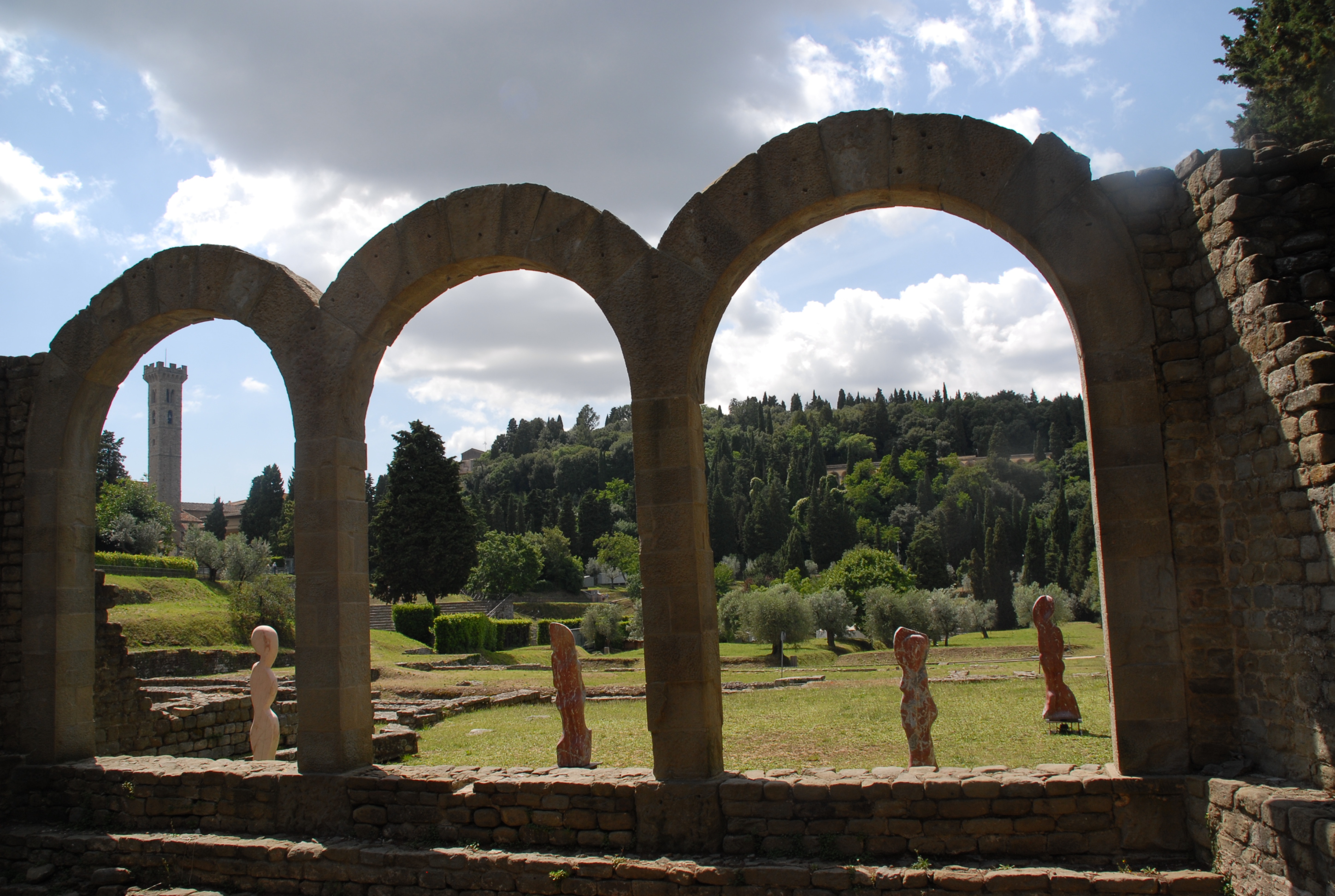
Mission Statement
“Visiting the past is something like visiting a foreign country: they do some things the same and some things differently, but above all else, they make us more aware of what we call ‘home.”
-John Arnold
I first heard the quote above from one of my Masters professors in 2015 and the more I think about these words, the more I find them to be true. At the most basic level, the study of history is a search for an accurate account of the past. However, confining oneself to mere facts and dates would not be fulfilling or especially interesting. We spend years reading and writing about human struggles, conflicts, advancements and setbacks to answer the great and compelling question of history: “Why?”
This inquiry applies to every historical event and culture. Taking one great achievement in isolation: why did the Egyptians expend enormous amounts of wealth and time building the Great Pyramid at Giza? It was an all-out effort of the entire population from kings, scribes, architects and stonecutters right down to the peasants. Commoners (not slaves) risked life and limb over a period of 20 to 30 years quarry, shape and drag 4,000-5,000 lb. megaliths, without the aid of the wheel, piling the blocks 480 feet in the air. They could not have known at the time that in building the Great Pyramid, they were constructing the tallest manmade structure in the world for more than 4,100 of the last 4,500 years.
We can find at least part of the answer to the question of “why build the pyramid” in the unique, exotic religious beliefs of ancient Egyptians. Understanding Egyptian concept of cosmos has consumed the lives of scholars for generations which continues to this very day. But perhaps there is more to the explanation than just religious fervor. King Khufu (pharaoh was not in the Egyptian lexicon yet) may have been motivated by a sense of destiny and/or trying to out-do his predecessors in erecting a lasting testament to his greatness and importance. Was there a feeling amongst even common Egyptians that they were participating in something greater than themselves? Even as we continually gather more evidence, as soon as we answer one “why” question, more arise. To better understand Egyptian motivations, we must gather more evidence on the circumstances, the conditions, and other factors. In other words, we have to travel to a foreign country to study the customs and the culture to answer the “why” questions.
I am starting this blog in the hope of better understanding the past. I am not so vain as to believe I can answer all the questions but at heart I am an educator and I firmly believe history is for us all. Learning about the past is a great way to understand not just the past but ourselves more fully. Events are not isolated. They are affected by those coming before and in turn they influence the future. I hope to create a community of individuals who share my love and interest in history such that we can learn more and help others come to a better understanding of the past. I hope that we can learn more about specific events and place them into a greater context.
With that in mind I intend to post news stories, articles and other items of historical interest. I am a native and lifelong resident of Virginia and much of my educational background is in US History so this blog will be skewed toward Western and Virginia history. However, I am fascinated by, if not as well informed on, other eras and cultures. Another quote I have picked up is that “history is a debate.” I will try to add perspective where I can and hope others will come to this site and offer their own. Learning is a never-ending undertaking so I hope those who come to this site will learn something valuable and I expect to do the same.

